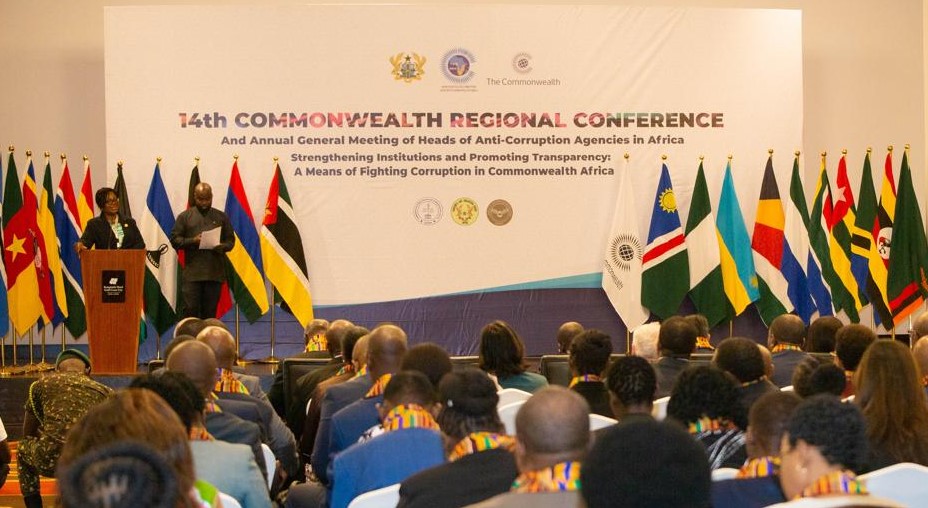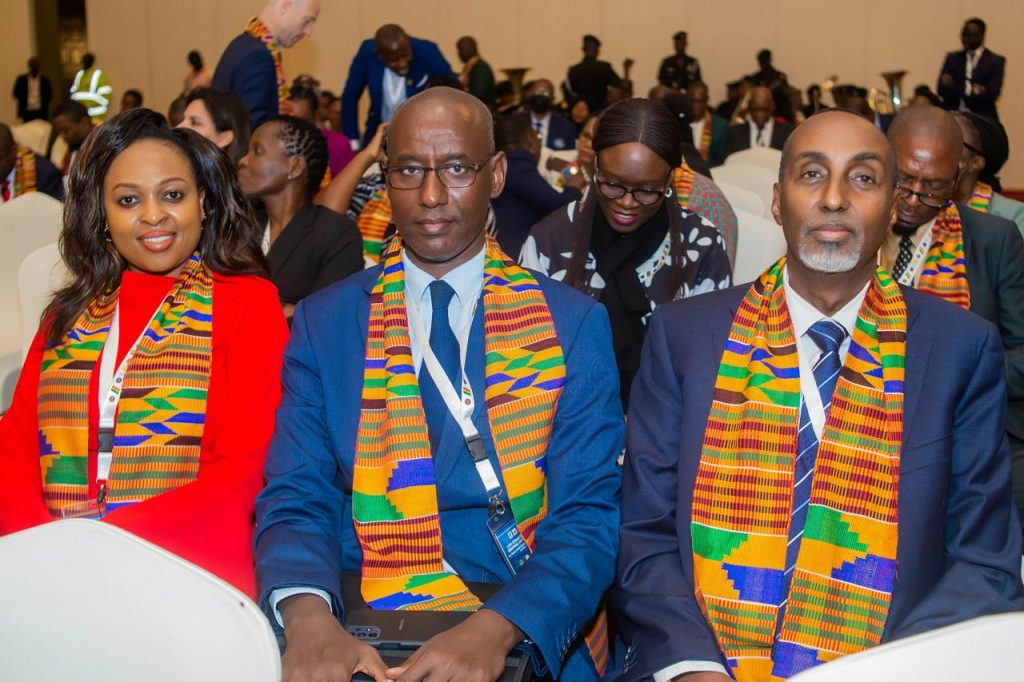Wind for public officers to declare wealth publicly gathers storm

17:05:2024: Public officers may soon have to make open declarations of their wealth if Kenya were to adopt the resolutions of the 14th Regional Conference and Annual General Meeting of the Heads of Anti-Corruption Agencies in Commonwealth Africa recently held in Ghana.
The Conference determined in resolution (b) that Commonwealth African governments should ensure the mandatory disclosure of assets and liabilities of all public office holders, and take necessary steps to audit their lifestyles, and that of their significant associates.
That would be a huge break from tradition in Kenya where public officers are only required, according to section 26 of the Public Officer Ethics Act, 2003, to declare their wealth to their responsible Commission.
Sec. 26 (1) states thus, “Every public officer shall, once every two years prescribed by section 27, submit to the responsible Commission for the public officer a declaration of the income, assets and liabilities of himself, his spouse or spouses and his dependent children under the age of 18 years.”
Kenya’s public officers declare their wealth within 30 days of joining public service, once every two years, and within 30 days of exiting public service.
Wealth declaration was meant to be an accountability tool in Kenya’s public service. The efficacy, however, of this law to effectively aid in detecting, investigating, prosecuting and, therefore, prevent corruption, abuse of power and accumulation of unexplained wealth has been in doubt due to the fact that wealth declaration is confidential.
With the theme; Strengthening Institution and Promoting Transparency: a means of fighting corruption in commonwealth Africa, theConference also resolved, among others, that Anti-Corruption agencies should collaborate with relevant local agencies and cooperate with key international partners in the fight against corruption. That they should consider leveraging expertise of international partners and key players to build capacity towards combating corruption, and that they should preserve their independence as a means to ensure their effectiveness and upholding the integrity of their work.
Commonwealth African governments, the Conference resolved, should scale up the use of technology to combat corruption. It also called on the Commonwealth African governments to commit adequate resources to Anti-Corruption agencies to ensure their effectiveness and sustainability at fighting corruption.

Speaking at the Conference that took place in Accra, Ghana from 5th to 12th May 2024, Ethics and Anti-Corruption (EACC) Deputy Chief Executive Officer, Mr Abdi Mohamud Ahmed elaborated on Kenya’s anti-corruption agency’s four-pronged strategy in its fight against corruption. This include high impact investigations whose criteria is the value, personalities and the public interest involved. The aim of this strategy is to cause maximum deterrence.
EACC’s second strategical pillar is asset tracking and recovery. This targets both possession of unexplained wealth and corruptly acquired assets with focus on civil litigation and alternative dispute resolution. The Commission also focuses on prevention as a strategy where it proactively mitigates corruption through promotion of ethics, institutional and personal integrity. Lastly, through partnerships, the Commission enlists and maintains strategic linkages in the fight against corruption.
Mr. Abdi also discussed the emerging trends on corruption and economic crimes as manifesting in, among others, multiple cash withdrawals below the statutory threshold to conceal money trail, use of professionals as conduits of corruption, judicial forum shopping to obtain conservatory orders, use of shell companies and proxies to hide ownership of assets and financial transactions, and delay in completion of investigations with international dimensions due to slow processing of Mutual Legal Assistance (MLA) in some jurisdictions.
The Deputy CEO of EACC hailed Suspension of public officers from office, lifestyle audit, strengthened asset recovery, automation of government processes and strengthening of policy and legal framework as some of the innovations that have aided Kenya’s anti-corruption war. He was accompanied by Director, Ethics and Leaders, Mr. John Lolkoloi and Assist Director Field Services, Ms. Joyce Munene.
The 14th Regional Conference and Annual General Meeting of the Heads of Anti-Corruption Agencies in Commonwealth Africa was organized by the Commonwealth Secretariat and co-hosted by Ghana’s Economic and Organised Crime Office (EOCO) as the lead agency, the Commission on Human Rights and Administrative Justice (CHRAJ) and Office of the Special Prosecutor (OSP).
It was addressed by Ghana’s President, His excellency Nana Addo Dankwa through Ghana’s Attorney General and Minister for Justice, Hon. Godfred Yeboah Dame. It was also graced by Ghana’s Vice President, His Excellency Dr. Mahamadu Bawumia who made a special presentation on the importance of digitalization in the fight against corruption in Africa.
Anti-Corruption agencies which attended and signed the communique include Ghana, Cameroon, Lesotho, Sierra Leone, Kenya, Uganda, Tanzania, Rwanda, Seychelles, Mauritius, South Africa, Nigeria, Namibia, Zambia among others.

